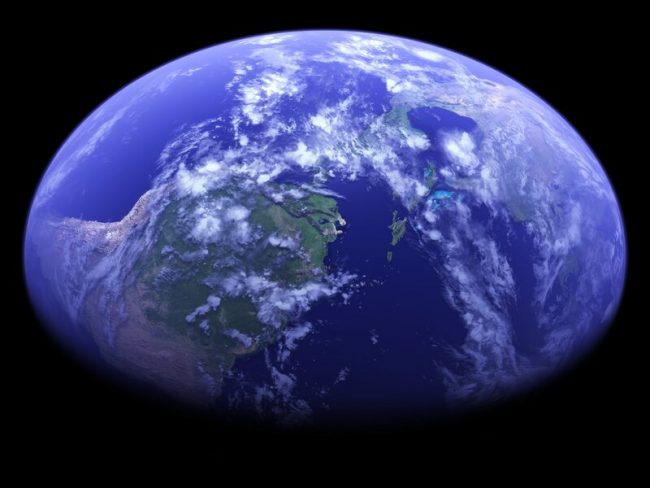|
Getting your Trinity Audio player ready...
|

International timekeepers are beginning to become bothered by the fact the Earth is spinning faster than it has in 50 years. These people like to keep an extremely accurate time for the Coordinated Universal Time (UTC) — which everyone uses to set their clocks. According to Live Science on Jan. 6, 2021, the Earth is completing its rotation a full 0.4 seconds earlier.
In 2020, scientists recorded 28 days where the Earth spun faster than normal. The last time they were able to record fast-spinning days was in 1960. Every time the Earth’s rotation deviates by more than 0.4 seconds — the UTC has to be adjusted.
Until recently, the slight adjustments have been considered as a “leap second.” These leap seconds are added at the end of June or December — which brings the astronomical time and atomic time back on track. Leap seconds have been measured since satellite measurements began slowing in the 1960s.
Scientists began adding leap seconds to the UTC clock every year-and-a-half since 1972. This information is has been documented by the National Institute of Standards and Technology (NIST). The last time a “leap second” was added was Dec. 31, 2016, at 23 hours, 59 minutes, and 59 seconds.
 Earth Has Been Spinning Faster
Earth Has Been Spinning Faster
According to Time and Date, the Earth’s rotation acceleration has scientists speaking about a negative leap second. This means instead of adding a second they may subtract one. The average length of a day is 86,400 seconds.
On average the length of an astronomical day in 2021 will be 0.05 milliseconds shorter. According to the math by the time 2021 is over, there will be a 19 millisecond lag in the atomic time. According to physicist Peter Whibberly of the National Physics Laboratory in the United Kingdom, “It’s quite possible that a negative leap second will be needed if the Earth’s rotation rate increases further, but it’s too early to say if this is likely to happen.”
He further stated that “There are also international discussions taking place about the future of leap seconds.” Whibberley also said they may discuss “the need for a negative leap second.” Which may end “leap seconds for good.”
Written by Sheena Robertson
Live Science: Earth is whipping around quicker than it has in a half-century; by Stephanie Pappas
Featured and Inline Image Courtesy of Kevin Gill’s Flickr Page – Creative Commons License



